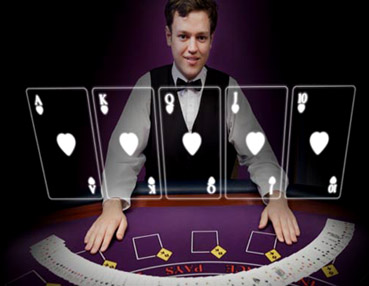Online casinos are illegal in China under Article 303 of the Criminal Law of the People's Republic of China, which explicitly prohibits gambling for profit and operating gambling activities. The only exceptions are state-sanctioned lotteries, specifically the China Sports Lottery and China Welfare Lottery, which the government does not legally classify as gambling (2). Macau remains the sole territory where Chinese citizens can legally gamble in land-based casinos as a special administrative region.
Article 303 stipulates that those who assemble crowds to engage in gambling, open gambling houses, or make gambling an occupation face imprisonment up to three years, criminal detention, or fines (1). Setting up gambling websites or acting as online gambling agents is explicitly regarded as opening gambling houses under this law. The judicial interpretations define illegal gambling activities as involving three or more participants wagering over 50,000 RMB, establishing clear thresholds for prosecution.
"Whoever, for the purpose of reaping profits, sets up gambling websites on the Internet or acts as an on-line gambling agent will be regarded as opening gambling houses and will be punished according to the Article 303 of the Criminal Law."
China maintains rigorous enforcement against online gambling through coordinated government efforts. In 2024, the Ministry of Public Security dismantled over 4,500 illegal online gambling platforms and investigated 73,000 cross-border gambling cases, arresting more than 11,000 suspects (2). Despite strict surveillance and regulations, a black market for online gambling persists, with estimated revenues from illegal gambling thought to be ten times higher than state-run lotteries (2). The government strengthened its crackdown by prohibiting funds from being sent to gambling websites through credit cards or bank transfers.
Source:
http://www.china.org.cn/english/government/128749.htm
https://pmc.ncbi.nlm.nih.gov/articles/PMC11029174/
Last updated: 13-10-2025 Disclaimer: This article does not provide legal advice. If you need legal advice, please contact an attorney directly.
